

| Nina N. Rozanova, Anna V. Zanadvorova. Phonetic Archive of Russian Colloquial Speech is a Historic Evidence and Cultural Property | |
|
The paper deals with the phonetic archive of Russian colloquial speech, created in the Department of Modern Russian in the Viktor Vinogradov Institute of the Russian language in Moscow. The authors trace the history of the Archive, characterize its content and structure, give the examples of various types of records. |
|
| A.Ya. Shaikevich, S.A. Krylov. Andryushchenko’s Eightieth Birthday | |
|
Vladislav M. Andryushchenko is mainly known as the author of an ambitious project of ‘Computer fund of the Russian language’, designed in 1980-s, but not yet materialised on full scale. The paper concerns the Andryushchenko’s life in the context of XX century Russia. |
|
| Olga A. Kazakevich, Svetlana F. Chlenova. 50 years Anniversary of the Automatic Lexicographic Systems Laboratory in the Moscow State Univerity (MSU) | |
|
The article treats the history and contemporary state of linguistic studies in one of the leading Moscow scientific centres. At the end the autors formulate the general cultural motto with unites numerous scientific projects of the laboratory. |
|
| V.M. Andriushchenko. A Memoir Address on the Occasion of 50th Anniversary of the Automatic Lexicographic Systems Laboratory (MSU) | |
|
The author, one of the founders and first head of the Automatic lexicographic systems laboratory, writes about its establishment and first decades of its activity. |
|
| S. Gindin.Aleksandr Barulin and the Formation of the Faculty of Theoretical and Applied Linguistics at the RSUH | |
|
The first autonomous faculty of linguistics was established in Russia at the beginning of the 1990s at the RSUH. The author characterizes Aleksandr Barulin’s personal contribution in that process and gives a survey his declisions in elaborating in the inner structure and arranging the teaching staff of the faculty. A special attention is drawn to the style of his relations with graduate students. |
|
| V. Glebkin, Anastasia V. Alyapkina, Elizaveta N. Bespalova. Perceptual portraits of the abstract concepts (happiness, freedom, disaster) | |
|
This article addresses the structure of perceptual images of abstract concepts. Three concepts (happiness, freedom, and disaster) are used as touchstones for such analysis. Major material clusters creating the perceptual framework are described. The article paves the way for investigating a typology of perceptual images of abstract concepts. |
|
| Anna V. Degtyareva. Syntactic properties of approximate verb (Japanese representative verb in online texts of diaries) | |
|
The article concern with the corpus research of special phenomenon of Japanese syntax — representative verb form constructions. A feature of this form is that usually in other languages the meaning of representation is expressed analytically and more often as part of a nominal group rather than of a verb word form. This article demonstrates a wide range of functions that this structure can use in a sentence. |
|
| P. Dronov, Svetlana Ju. Bocaver. Modifications of the idiom the Gordian laurel in Russian, English, German, and Spanish | |
|
This paper deals with modifications of (to cut) the Gordian knot, an international phraseological unit/common figurative unit (terms coined by A. Rajhštejn and E. Piirainen, respectively) in English, Russian ([razrubit’] gordiev uzel), German (den [Gordischen] Knoten durchhauen) and Spanish ([cortar] el nudo gordiano), focusing on their properties of modification, similarities and differences thereof, and shades of figurative meaning in specific contexts. |
|
| R. Zlatinskiy. Towards a Comparative Syntax of Latin and Ancient Greek Circumstantional Participles | |
|
This paper is a brief report on the statistical comparative study of Latin and Ancient Greek circumstantial participles — both participium conjunctum and participium absolutum. The analysis of more than ten thousand Latin and Ancient Greek participles shows how a system of functional analogues of the past active participle referring to the subject of the sentence is formed in Latin on the basis of the past passive participle. These functional analogues are: first, the absolute past passive participle with an implicit and in such cases never phonologically expressed agent coreferent to the subject of the sentence; second, the past passive participle referring to the direct or indirect object with an implicit agent coreferent to the subject of the sentence; third, the deponent past passive participle agreeing with the subject of the sentence. These participles make up one third of all circumstantial participles in Latin. For comparison, one third of all circumstantial participles in Greek are past active participles agreeing with the subject of the sentence. There are twice as many absolute participles in Latin than in Greek and exactly half of them are absolute participles with an implicit agent coreferent to the subject of the sentence. There are no such specific absolute past passive participles in Greek and the obvious reason for this is that they can easily be replaced with past active participles referring to the subject of the sentence. |
|
| Olga M. Kadyrova. (Non)Finitness Criteria of Turkish Verbal Forms | |
|
The paper discusses the issue of conventional (non)finitness criteria and their applicability for Turkish studies. It compares approaches to (non)finitness of Turkish verbal forms of Russian and foreign researches. |
|
| G. Kreidlin. Rudiments as a Type of Somatic Objects | |
|
The paper provides an analytic investigation of the class of rudiments, which has never been systematically explored in linguistics and semiotics. The paper describes in detail: (a) what are the everyday and scientific (mainly terminological) Russian names of different rudiment somatic objects and (b) what common and distinctive features they have; (c) how speakers employ lexical and grammatical units as resources to construct talks about rudiments, their properties and diseases. It is stated that most of the units considered in the paper must be fixed not only in the linguistic and semiotic conceptualization of the human body but also in different dictionaries, reference books and other lexicographic manuals. |
|
| Maria N. Krylova. The Genitive of Comparison in Modern Russian Language | |
|
The article deals with the comparative constructions in form of genitive — a hybrid type of comparison between the simile and metaphor; the use of that forms in language of classical literature as well as in modern Russian is also compared. The genitive of comparisons are compact, concise, and at the same time insightful, stylistically diverse. They are used almost exclusively in literary texts, often in poetry. They occupy a smaller place in modern Russian language than in the language of classical literature, but it is prematurely to talk about theis uselessness — as the genitive of comparison expanding its use nowadays. |
|
| Maria A. Safonova. Linguistic Peculiarities of Lytton Strachey’s Individual Style | |
|
The article is dedicated to the primary stylistic peculiarities of Lytton Strachey’s biographical works. The author explains what constitutes the originality of Strachey’s individual style in his biographical prose. The basic postulates of the article are illustrated with examples from Queen Victoria’s biography («Queen Victoria», 1921). |
|
| L. Grigoryan. On the Development of Morpheme Dictionaries of the Chemical Nomenclature | |
|
The paper deals with the linguistic aspects of the chemical nomenclature. The complex of 3 morpheme dictionaries of the chemical nomenclature is proposed with respect to the present-day classification of chemical morphemes. The structure and use of the dictionaries is presented within the author’s program application «Nomenclature Generator» designated to generate a graph structure for the systematic name of a chemical compound as well as its translation between the natural languages. |
|
| Irina V. Rybakova. Features of Use of Homiric Epithets which Characterize Heroes in the «Argonautica» of Apollonius Rhodius | |
|
Apollonius Rhodius uses semantically neutral traditional epithets in the «Argonautica» to show that his characters live in the world of the «Iliad» and «Odyssey». Epithets in his epic refer to the Íomeric ones, alluding to some particular episodes of Homeric poems. At the same time Apollonius makes his epithets fit into the plot structure of the poem: in the course of action the hero should reveal the particular quality implied by a traditional formulaic epithet. Thus, epithets which are semantically neutral in the «Iliad» and the «Odyssey» become specifically marked within the Alexandrian epic. |
|
| V. Spiridonov, Emily V. Ezrina. Empirical Verification of N. Chomsky’s Early Theory of Grammar | |
|
This article addresses the possible directions and results of empirical verification of the early version of Chomsky’s grammatical theory. The results of several experiments with the use of various sign systems provide arguments both for and against the said theory. In order to continue the discussion we need methodological tools that would allow us to observe syntax «at work». |
|
| Nina V. Drachiova . Controversy Analogy — Anomaly in the Treatise of Marcus Terentius Varro «De lingua Latina» | |
|
The article deals with the problems of interpretation of controversy «analogy — anomaly». The author presents the main opinions on this subject which have developed in modern science, and proposes her solution of this problem. |
|
| A. Gladkij. Recollections about Sasha Dikovskij | |
|
Aleksandr Dikovskij (1945-2014) was an outstanding scholar in the field of mathematical and computational linguistics. He also has a brilliant pedagogic gift. The author who was Dikovskij’s university teacher recollects his life and carreer. He also tells about Larisa Modina, Dikovskij’s wife and co-author. |
|
| Nina N. Rozanova. Margarita Vasilievna Kitaigorodskaya | |
|
M.V. Kitaigorodskaya (1943-2013) is an acclaimed researcher of Russian colloquial speech. Her well-known works are dedicated to colloquial word formation, urban language, male and female speech, urban colloquial speech et cetera. Her works always raised high interest and have not lost their relevance. M.V. Kitaygorodskaya’s co-author remembers the researcher’s scientific path and their joint work. |
|
| Elena G. Ustinova. In Commemorition of Irina Muravjeva | |
|
Irina Muravjeva (1949-2014) was a gifted linguist and teacher of linguistics. Her works treated the problems of theoretical and applied linguistics, linguistic tipology and especially — of the Cukchi-Kamchatian language family. |
|
| Elena M. Smoryunova. Muza Oborina (1923-2014) | |
|
The article id dedicated to the memory of Musa Oborina, an outstanding editor and publisher of foreign linguistic literature in the USSR. |
|
| Zoya M. Shalyapina. Nina Vasilyevna Solntseva: in memoriam | |
|
The paper gives an outline of the life story and research activities of the outstanding Russian linguistician and orientalist N.V. Solntseva. The areas noted as those where she made her most valuable contribution are primarily Chinese and Altaic studies, problems of linguistic theory and typology, field research on languages of Vietnam, linguistic and sociolinguistic studies of languages of East and South-East Asia belonging to various types and families. Biobibliographic data of Nina V. Solntseva is in appendix. |
|
| Author’s and Other Participants of the Moscow Journal of Linguistics |
|
|
This alphabetic index is to means to reveal the «human history» of the Moscow Journal of Linguistics. |
|
Editorial contacts:
Miusskaya sq. 6, building 2, Moscow, 125993, Russia,
Institute of Linguistics, RSUH
Mail to:
msk.ling.j@gmail.com